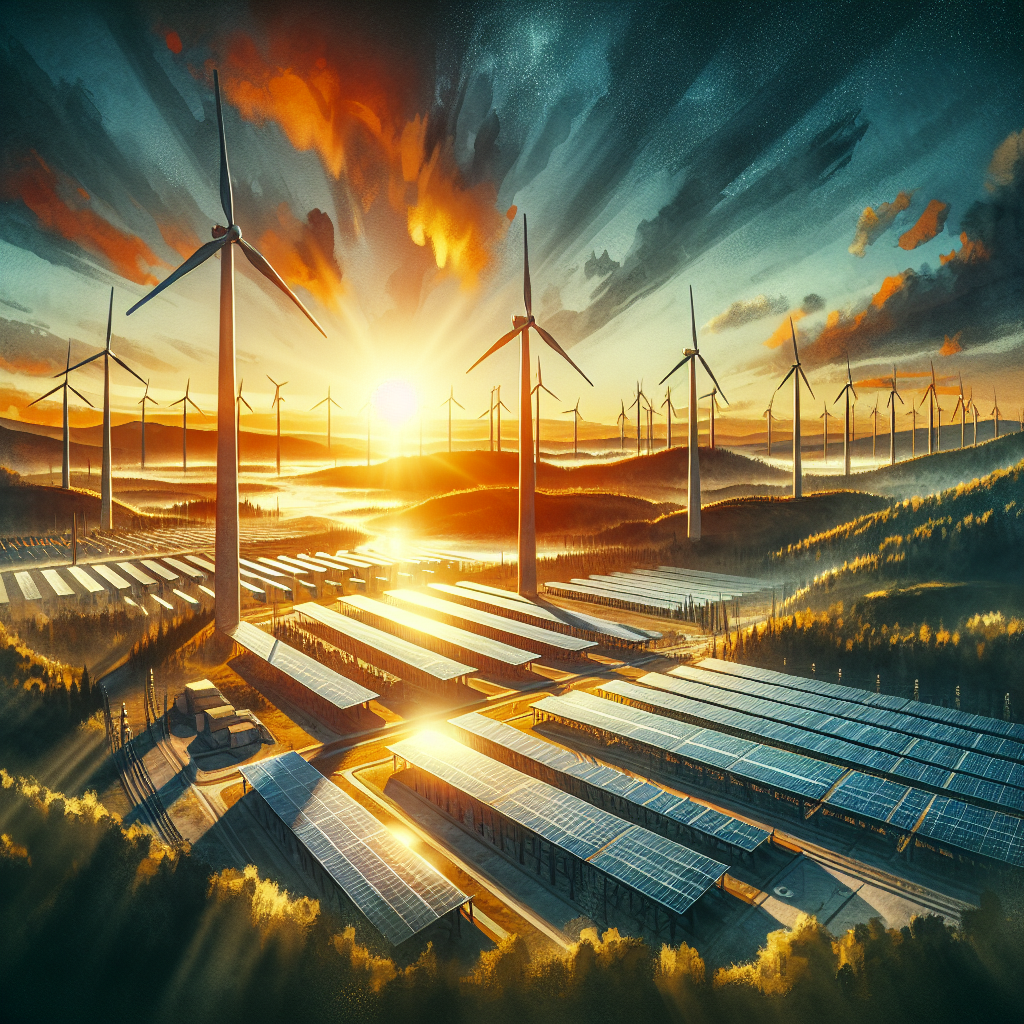
At the edge of the 19th century, a new kind of noise entered the streets of Mannheim. It was not the clatter of hooves or the whistle of steam, but a measured thrum—evidence of a question being asked out loud. Karl Benz shaped the question with tools and patience. Bertha Benz carried the answer over rutted roads between Mannheim and Pforzheim. Their story does not begin with a cheering crowd, but with the particular silence of a workshop and the steady confidence of a woman who knew how to leave at dawn without waking the house.

Trump can’t stop America from building cheap EVs, and that is less a story about one politician than about how durable institutions outlast charismatic politics [4]. The real democratic test is whether complex, technical transformations are guided by expertise or buffeted by applause lines. Directly elected leaders are often selected for their ability to electrify rallies, not to design procurement rules, steward trade frameworks, or run evidence-based regulatory processes. The EV race exposes a broader democratic fault: when selection rewards emotional resonance over demonstrated competence, populism flourishes, policymaking lurches, and yet the machinery of law, trade, and regulation keeps grinding forward—if we let it [4].

In a significant development for European energy independence, Norway is emerging as a potential leader in battery manufacturing, offering hope for reducing the continent's reliance on external suppliers. The Nordic nation's strategic push into battery technology represents a crucial step toward sustainable transportation and energy storage solutions, while also creating new economic opportunities [1].

Recent Ukrainian military strikes on Russian oil infrastructure have sent ripples through global energy markets, highlighting the ongoing geopolitical tensions affecting oil supply chains. The targeting of the Unecha oil pumping station in Russia's Bryansk region by Ukrainian forces [1] marks a significant escalation in attacks on energy infrastructure, while simultaneous disruptions at facilities in the West have compounded market uncertainties.